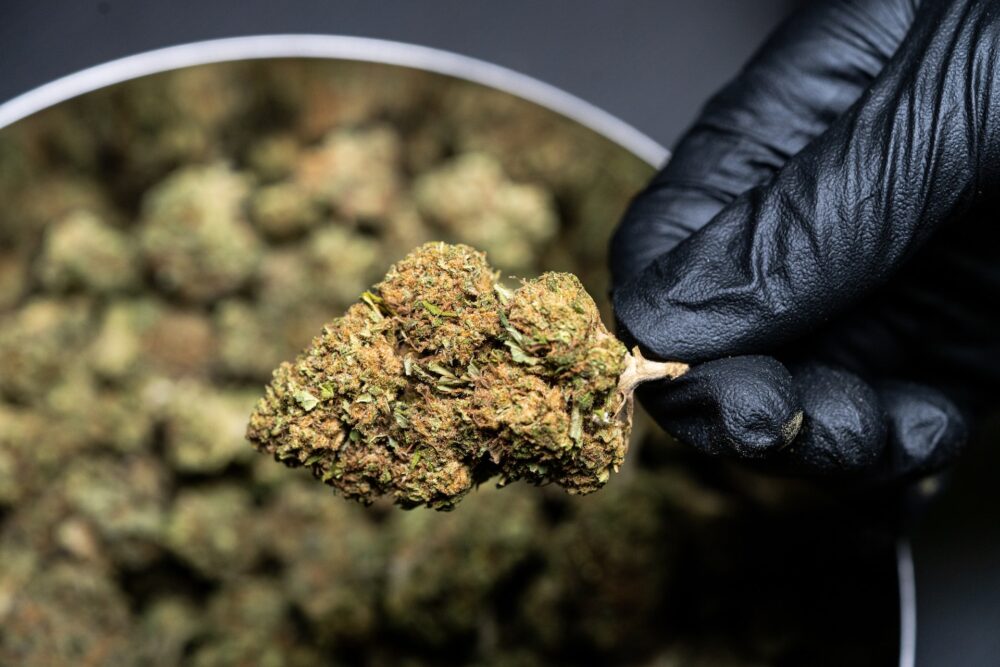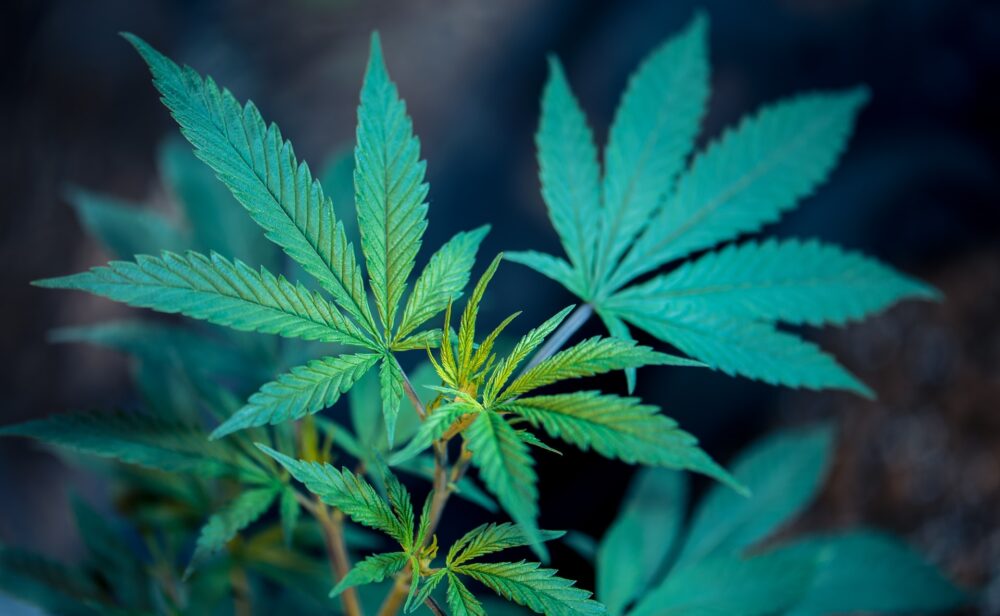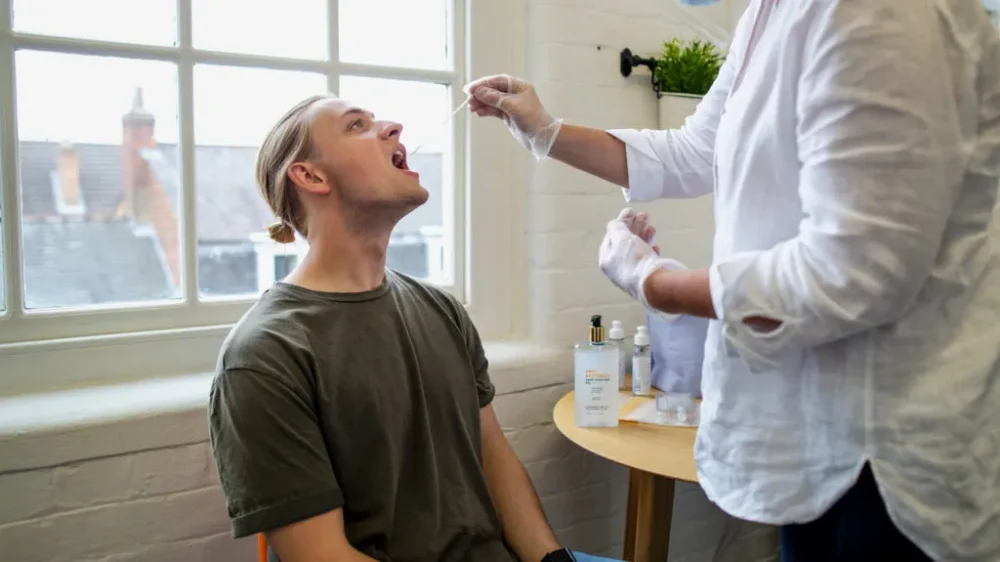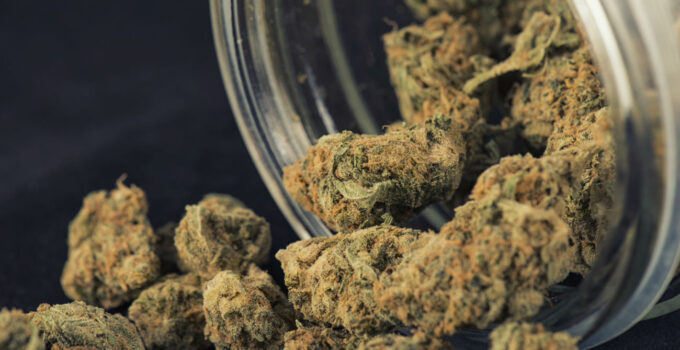The world of cannabinoid products keeps expanding. It started with delta products, later it was THC-based items, and now there are products based on HHC. As cannabis technology continues to develop with such rapid pace it’s the ideal time to become a hemp fan.
Especially with the advent of hexahydro cannabigerol (HHC-P). It sounds like a cross between HHC (hexahydrocannabinol) and THC-P (tetrahydrocannabinol). It’s still a bit of a mystery to us about HHC-P but you have a concept of its primary features, and what kinds of hemp users can benefit from HHC-P products to the maximum extent and with the greatest potential.
How is HHC-P made?

Source: unsplash.com
It is also a variant of the THC-P in HHC and if this is confusing to you, don’t judge you. THC-P is a naturally occurring cannabinoid in hemp that was first identified in 2019. What makes THC-P such a standout is the fact that it binds to CB1 receptors in the brain, which is 31x more powerful than the delta 9 THC which gives it an effect that is 10x as potent as conventional THC compound. THC-P has its increased potency due to an additional seven carbon atoms within its side chain on the molecular level.
Hydrogenated THC-P is actually HHC-P. It’s hydrogen-based, so it’s made from hydrogen. It’s chemically stable, yet still able to deliver the same characteristics like THC-P. People who are already familiar with HHC will recognize the similar relationship between THC-P and the HHC and HHC in addition to Delta 9 THC.
The Benefits of HHC-P
- Experiences that are both physical and mental.
- Served chilled
- Feeling relaxed
- Properties of anxiolytics
- Feeling relieved
- More Positive Mood
The psychoactive properties of hexahydro cannabigerol are already making it extremely popular, even though you still have a lot to learn about it. The high is frequently associated with THC-P and in reality, both cannabinoids appear to be very common to combine, because there could be an interaction that provides a sensational experience in the mind and body in regards to mood, relaxation and so on.
Euphoria is the key characteristic of hexahydro cannabigerol (HHC-P) highs. Some people describe a more intense feeling of euphoria that they’ve ever experienced from the other cannabis-based cannabinoid. It is also likely to last for a long time because you are aware that many cannabinoid-based drugs give only a brief moment of euphoria which does not last the length that the high.
In addition to the euphoria-like feeling, users feel a remarkably strong body high that is extremely relaxed, and ideal for relieving tension in the body.
Is HHC-P legal? State by State List

Source: washingtonian.com
HHC-P is legal as it is in compliance with the law of 2018 Farm Bill which declared that all hemp derivatives are legally traded if they are maxed out at 0.3 percent delta 9 THC, measured by dry weight. Essentially, hexahydro cannabigerol is protected under federal law. In terms of state laws, the situation is slightly on the complex side. A number of states have banned the use of THC-infused compounds; however, with HHC-P products things are a bit more vague. While the drug is intoxicating, it doesn’t match the THC profile.
But, as it’s always better to be on the side of caution, you should assume that HHC-P is prohibited if you reside in the following states:
- Alaska
- Arizona
- Arkansas
- Colorado
- Delaware
- Idaho
- Iowa
- Mississippi
- Montana
- North Dakota
- New York
- Rhode Island
- Utah
- Vermont
- Washington State
Is HHC-P natural?
HHC-P is not a natural component in hemp However, HHC and THC-P do. Hexahydrocannabiphorol is produced through an isomerization process, which is, in fact, how most of the hemp products today, including delta 8, THC-P, and HHC. Isomerization allows you to change the chemical structure of CBD (CBD) to transform the cannabinoid into another one, in this case HHC-P.
All cannabinoids homologous to one another? How? because they all originate out of cannabigerol (CBG) which is the first cannabinoid that emerges in the cannabis plant. It splits it into more than hundred different cannabinoids as the plant grows. The meaning is that all cannabinoids share the same molecules which is why altering them transforms them into various cannabinoids. CBD is utilized to create HHC-P due to its abundance from the plant which makes this process very efficient and cost-effective.
Is HHC-P Synthetic?

Source: unsplash.com
Yes, hexahydro cannabigerol is a synthetic cannabinoid that was created in a lab by a professional scientist. HHC-P isn’t present in nature, and it must be made in a laboratory. It is clear why it’s essential to have a thorough knowledge of the third-party labs that are necessary by the industry, so that you can determine the HHC-P-based product you’re receiving.
What are the psychoactive effects of HHC-P?
Hexahydrocannabiphorol is a psychoactive cannabinoid, and that’s for certain. This isn’t for stumbling around like an old record. But think about the fact that HHC-P has a lot in common with HHC as well as THC-P. HHC is considered to be as powerful as delta 9 THC and, if not slightly more mild. THC-P is a compound that HHC-P closely mimics and could be 10x as powerful than delta 9.
In terms of the nature that the high produces, there aren’t numerous sources to base the conclusions on. But, many describe it as potently euphoric – which makes sense, considering its similarities to tetrahydrocannabinol. An enormous burst of euphoria along with a higher than the typical THC feeling is exactly what many of users today are looking for, particularly. Visit CannaAid to know more about the HHC-P.
Is HHC-P able to pass a Test?

Source: unsplash.com
As a general rule, whenever you come across any cannabinoid that has “THC” in its name, you should be aware that it is putting you at the risk of failing a drug test. Why? Because all THC-based cannabinoids are processed by an enzyme known as THC-COOH. That’s what most drug tests seek to find in a person’s urine.
Since HHC-P is extremely powerful, there’s evidence to suggest that it’s much less likely that you’ll fail drug tests having this cannabinoid, as compared to after taking the delta-9 THC.




